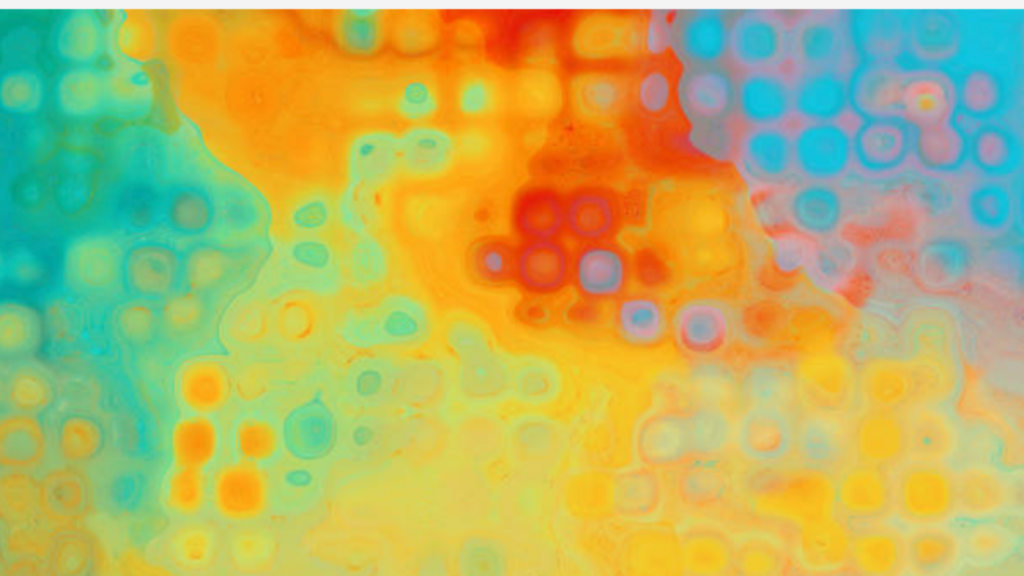 Do you drink plenty of water but still feel thirsty? Many of my clients ask: “Why am I dehydrated when I drink so much water?”
Do you drink plenty of water but still feel thirsty? Many of my clients ask: “Why am I dehydrated when I drink so much water?”
It’s frustrating. You’re doing what seems like the right thing, yet your body feels parched, your energy is low, and hydration remains elusive. The truth is, hydration isn’t just about drinking water—it’s about how well your body uses it.
This is where your body holds a deeper story.
The Hidden Causes of Dehydration
Dehydration is more than thirst—it’s a signal of imbalance. At its core, it often stems from cellular disruptions caused by toxins or stress.
Your cells depend on aquaporins—tiny proteins on the cell membrane—to regulate water flow. Think of aquaporins like a garden hose directing water exactly where it’s needed. When toxins like glyphosate or heavy metals damage these proteins, the hose gets kinked, their functions get impaired, and water doesn’t flow to where it’s needed. Even if you drink plenty of water, it can’t reach your cells.
Oxidative stress—triggered by free radicals from environmental toxins, poor diet, or chronic stress—worsens the problem by further damaging aquaporins. The result? Cells remain dehydrated, no matter how much water you consume.
It’s not just about toxins. Hydration also depends on energy. Your mitochondria—the engines of your cells—rely on water to generate energy. When hydration falters, mitochondria struggle to function, leading to fatigue. That fatigue is your body’s red flag, signaling inefficiencies in energy production, repair, and nutrient use—processes critical for your vitality.
When toxins block water flow, your body—and life—feels stuck. Restoring hydration isn’t just about drinking water; it’s about clearing the blocks, the toxins, that keep your cells—and you—from thriving.
Why Drinking More Water Isn’t the Answer
Here’s the “aha” moment: Drinking more water won’t solve dehydration if your body isn’t equipped to absorb and use it. Too much water can even dilute key electrolytes like sodium, potassium, and magnesium, which are essential for water transport at the cellular level.
Hydration is about more than quantity—it’s about quality and cellular efficiency.
Steps to True Hydration
If hydration feels like a struggle, it’s time to shift your focus. Here are three simple, actionable steps to restore balance:
- Nourish Your Cells with Structured Water
Eat water-rich foods like fruits and vegetables. Their water is naturally structured, making it easier for your cells to absorb. Fresh-pressed juices are my long-time top recommendation. - Replenish Electrolytes
Balance is everything. Add a pinch of sea salt to your water, use a sugar-free electrolyte powder, or add in one of my favorites, pH Minerals from Premier Research Labs, to replenish electrolytes and support optimal water absorption. - Reduce Oxidative Stress
Eat antioxidant-rich fruits and vegetables. Antioxidants protect aquaporins and support hydration at a deeper level. Berries and leafy greens, like spinach and kale, are highest in antioxidants.
A Personal Note
I understand how easy it is to overlook hydration. When I’m deep in a work flow, I often forget to drink water, so I started using an app called Waterlogged… it’s been a simple way to remind myself to stay hydrated, even when I’m fully immersed in creation mode. Hydration is a gateway to clarity, focus, and vitality.
They say, ‘How we do anything is how we do everything.’ If you’re feeling off, dehydration might be more than just thirst. Could it be your body’s way of asking you to pause, reflect, and ask what’s really going on?
The Invitation to Flow
Hydration isn’t just a physical process—it’s a reminder of flow. When your cells are hydrated, energy moves freely, vitality returns, and life feels expansive again. Consider this an invitation to restore that flow, not just with water but with the care and attention your body deserves. The moment you begin, your cells will respond, and so will your life.





